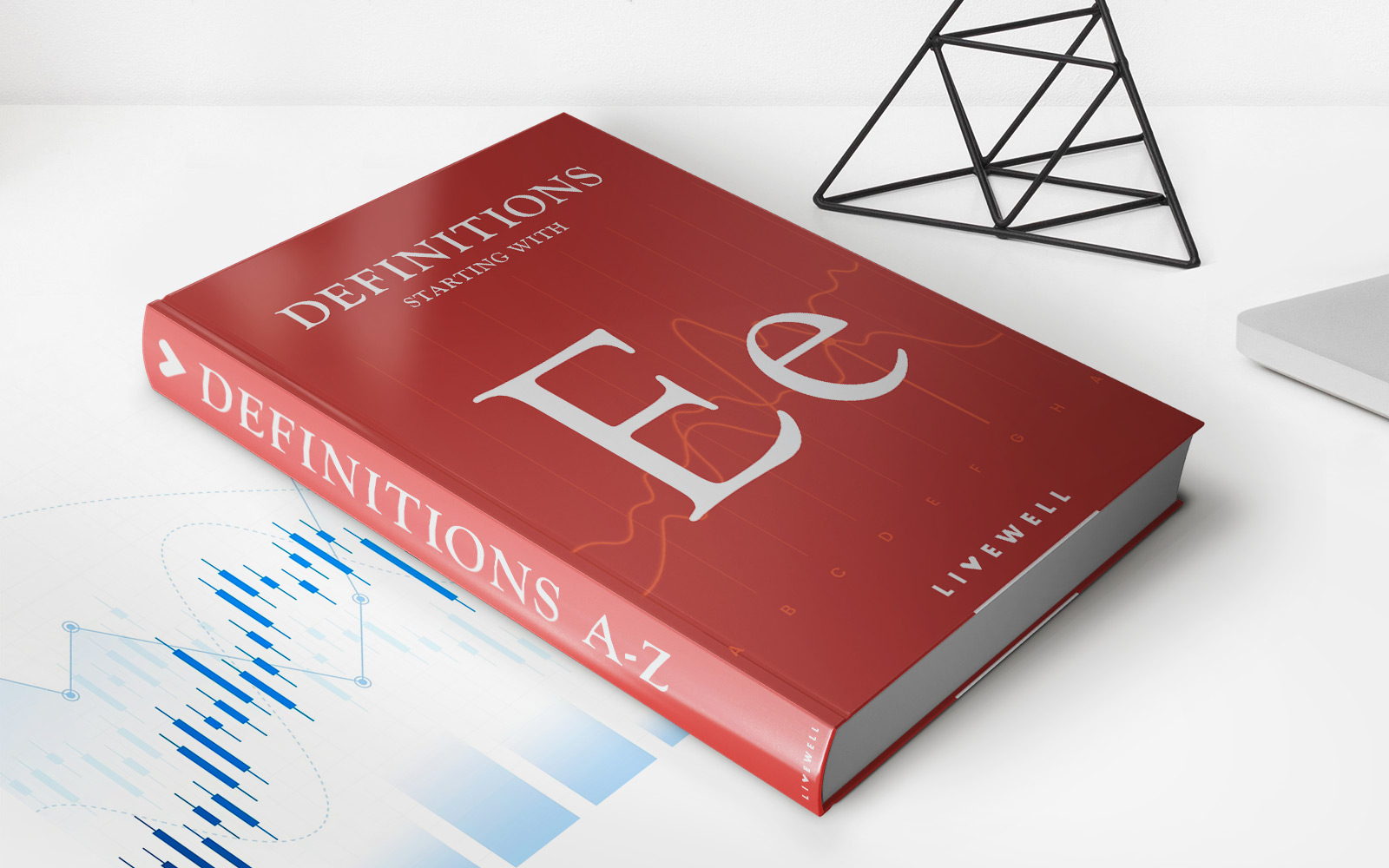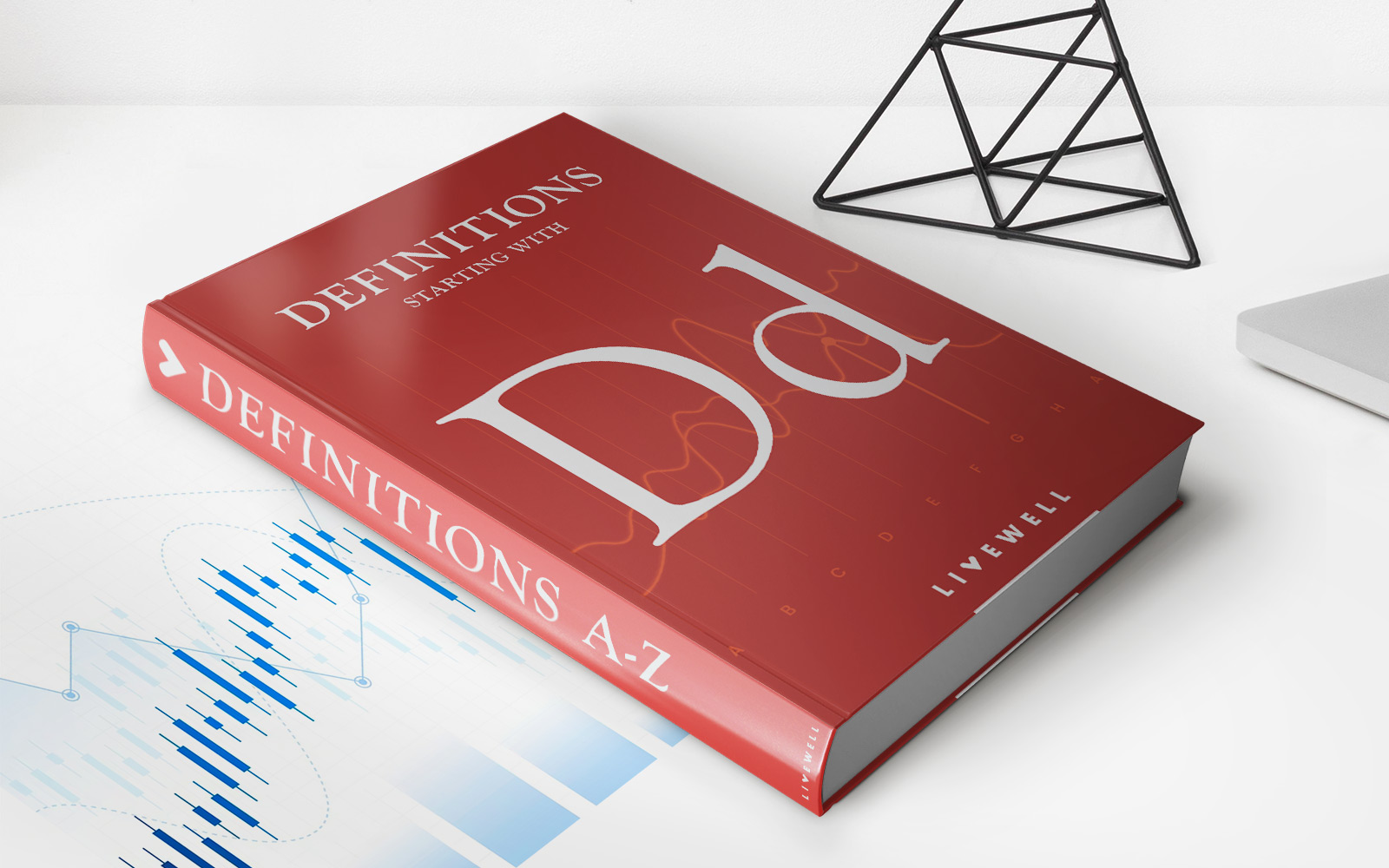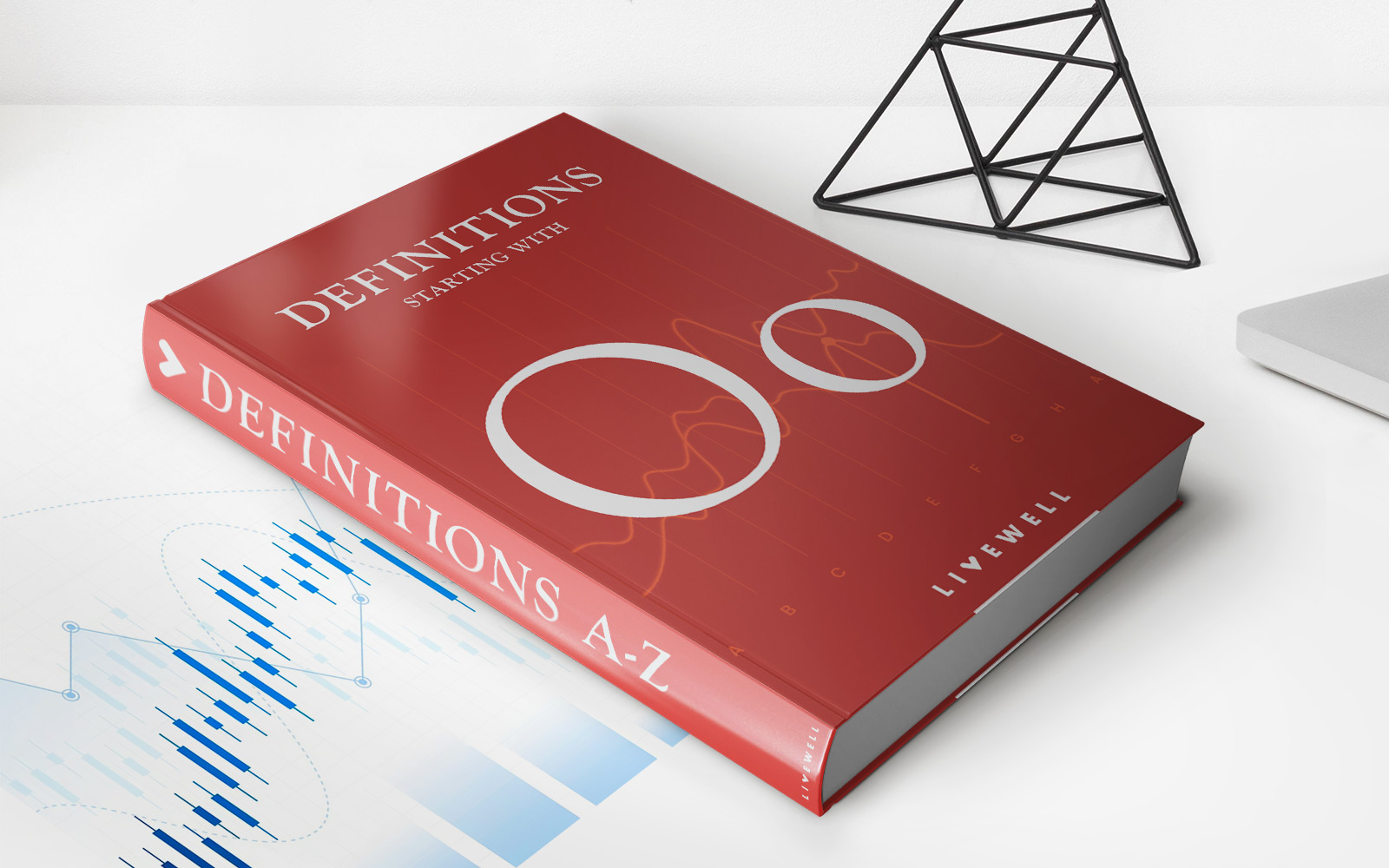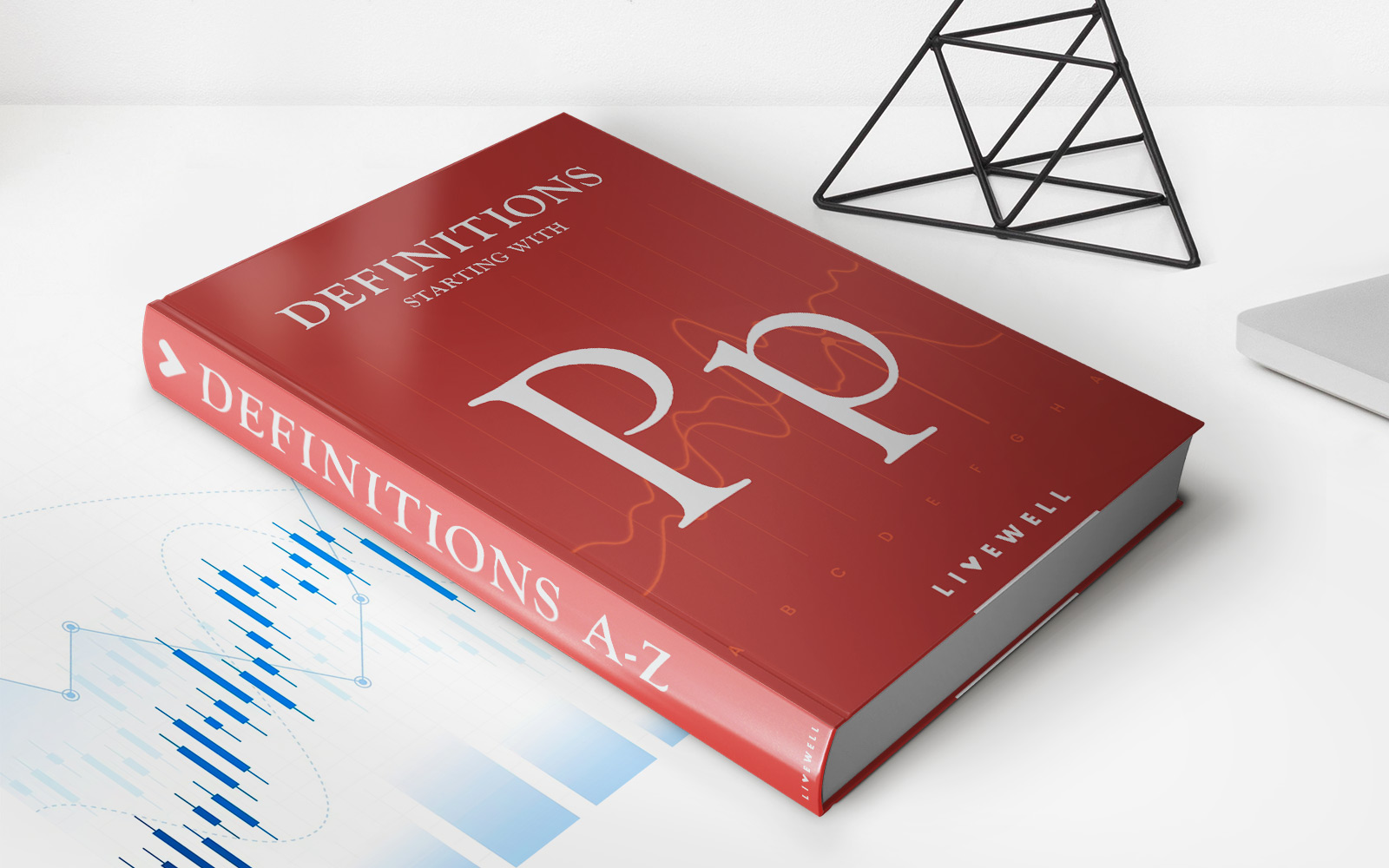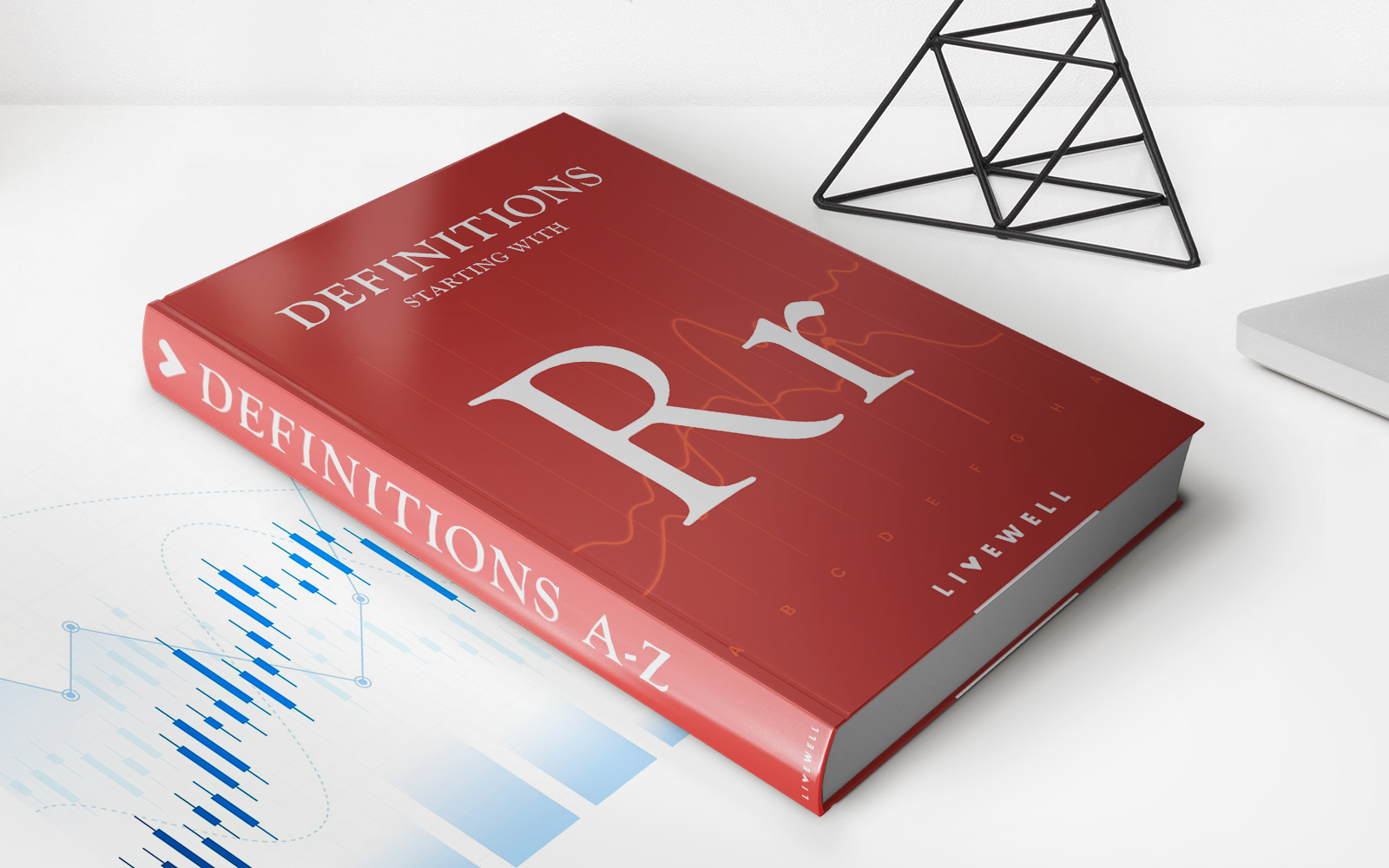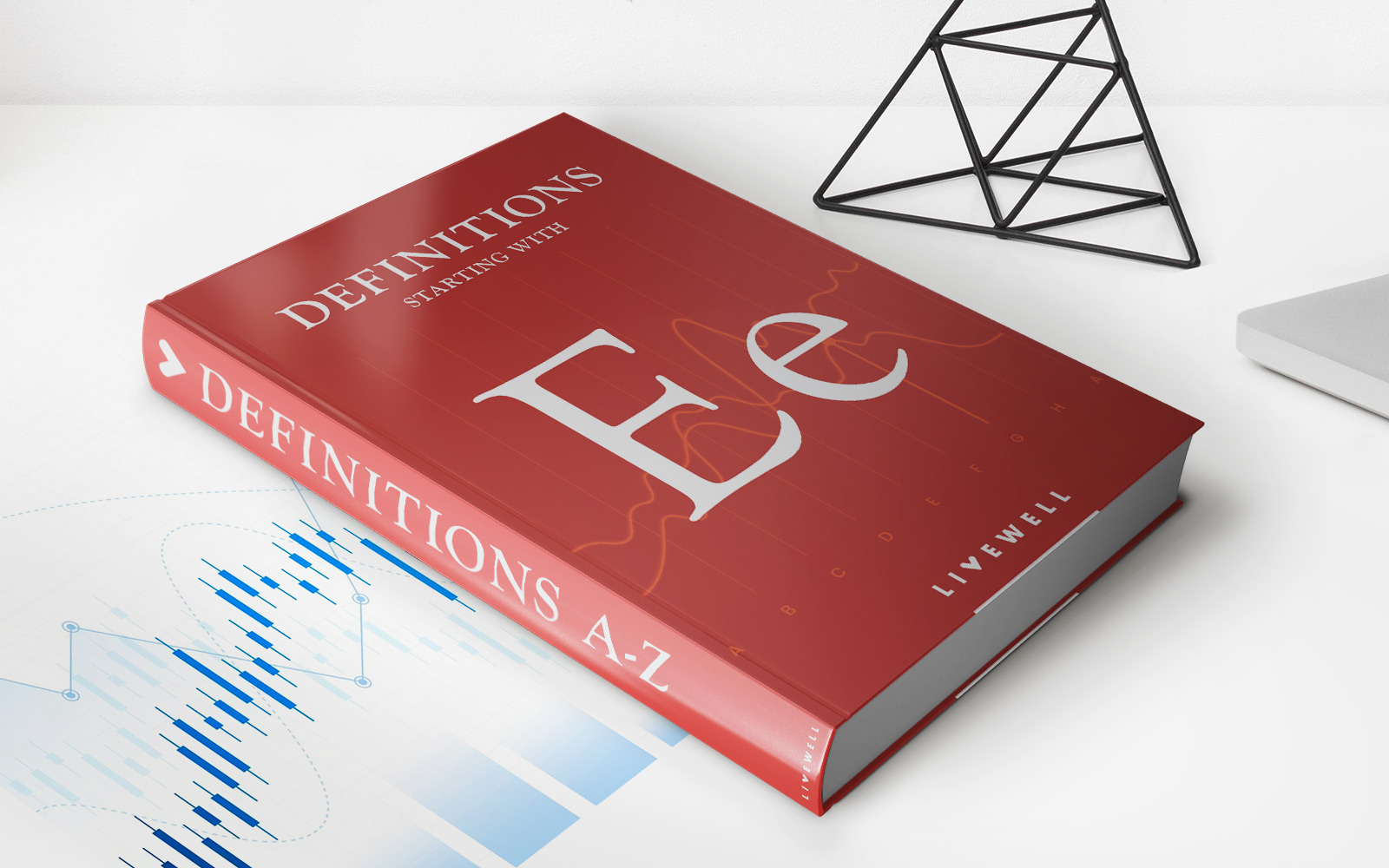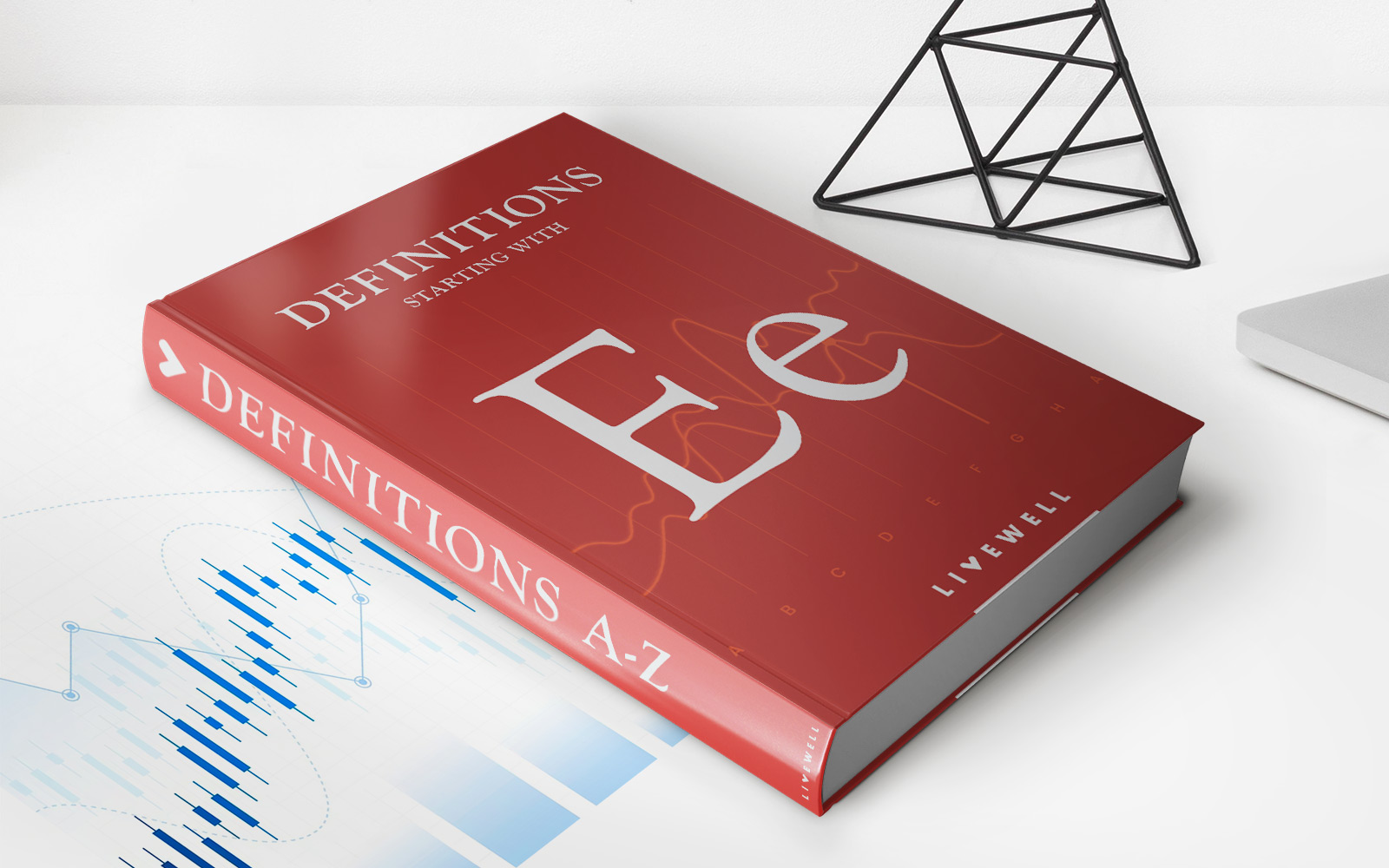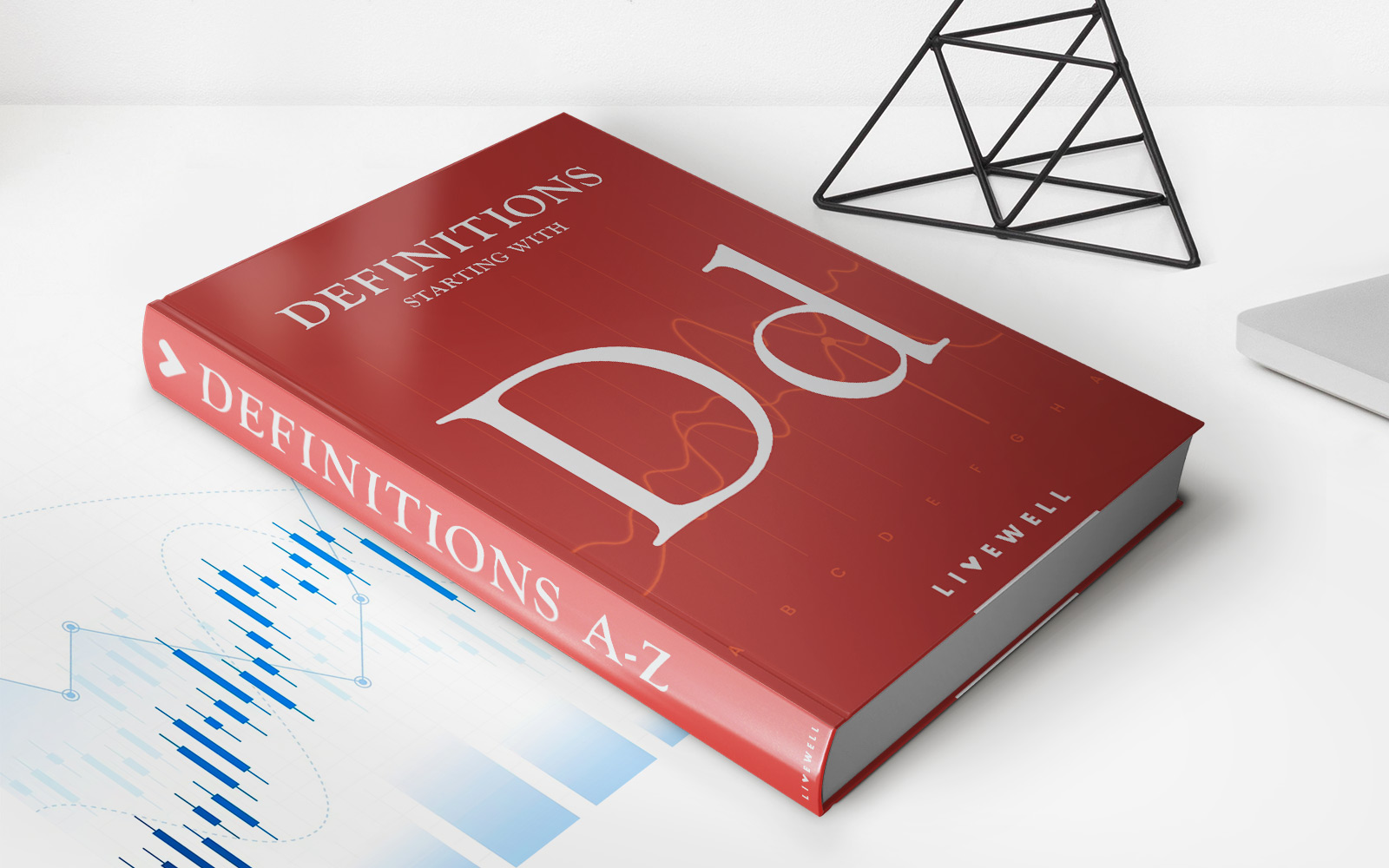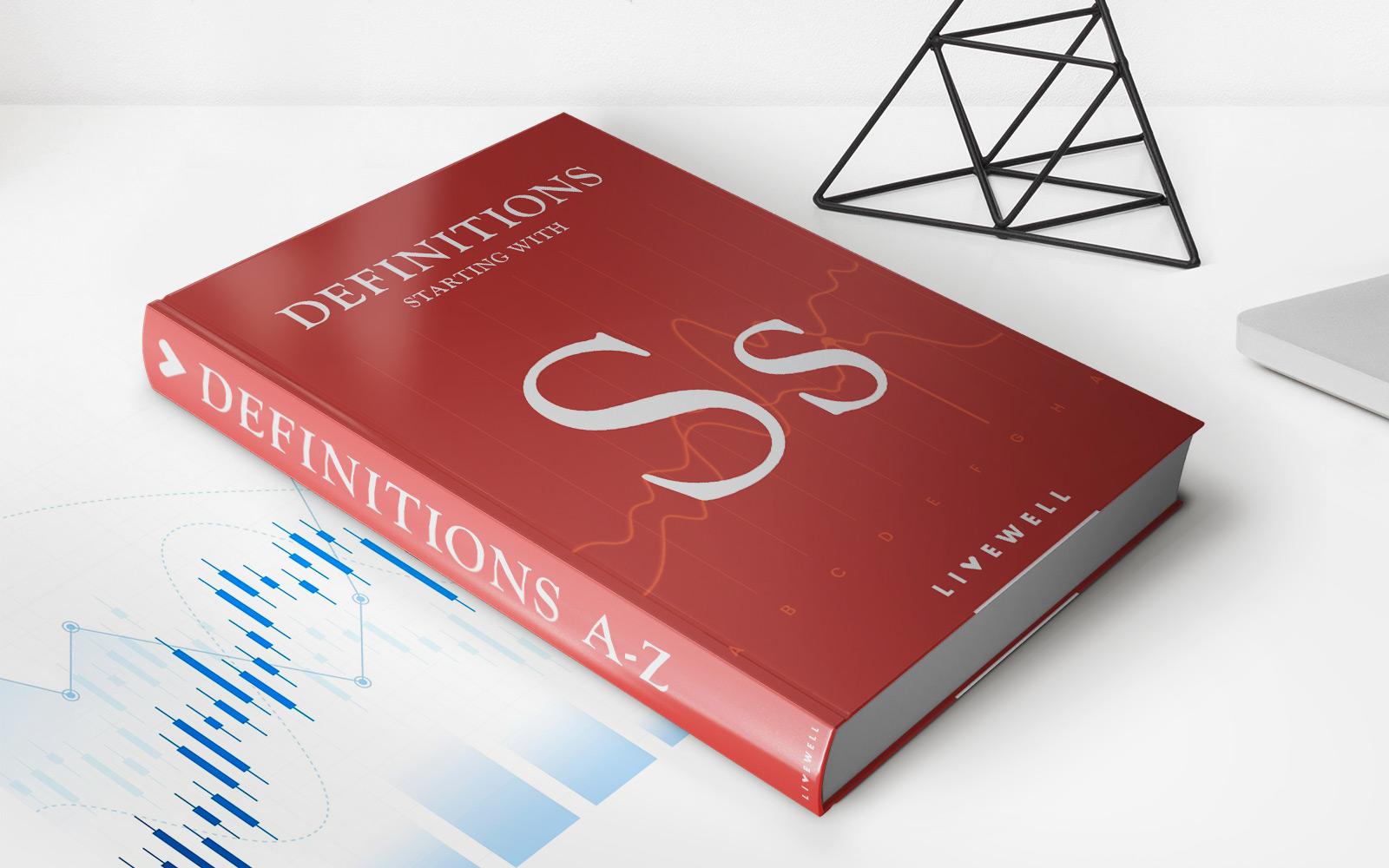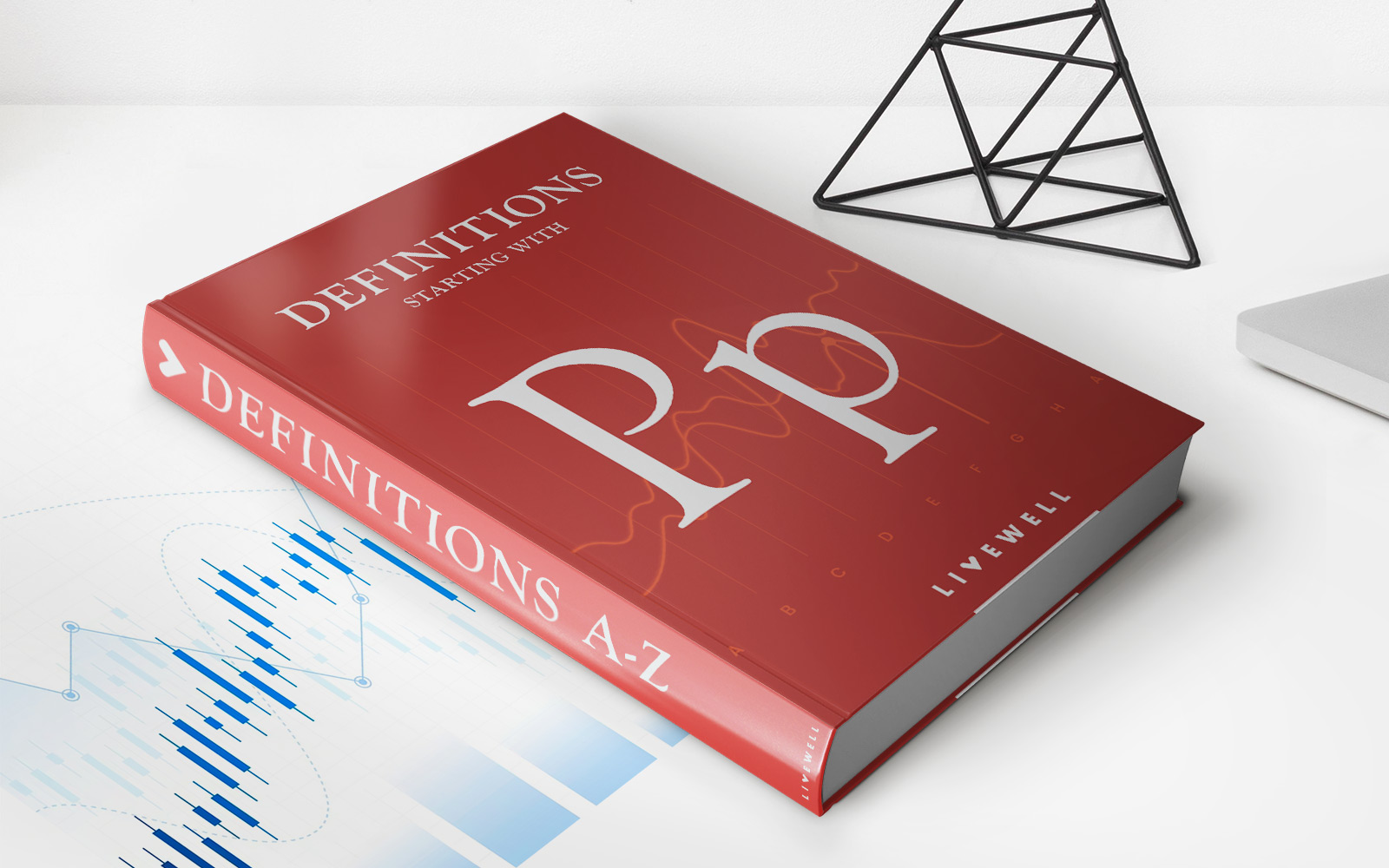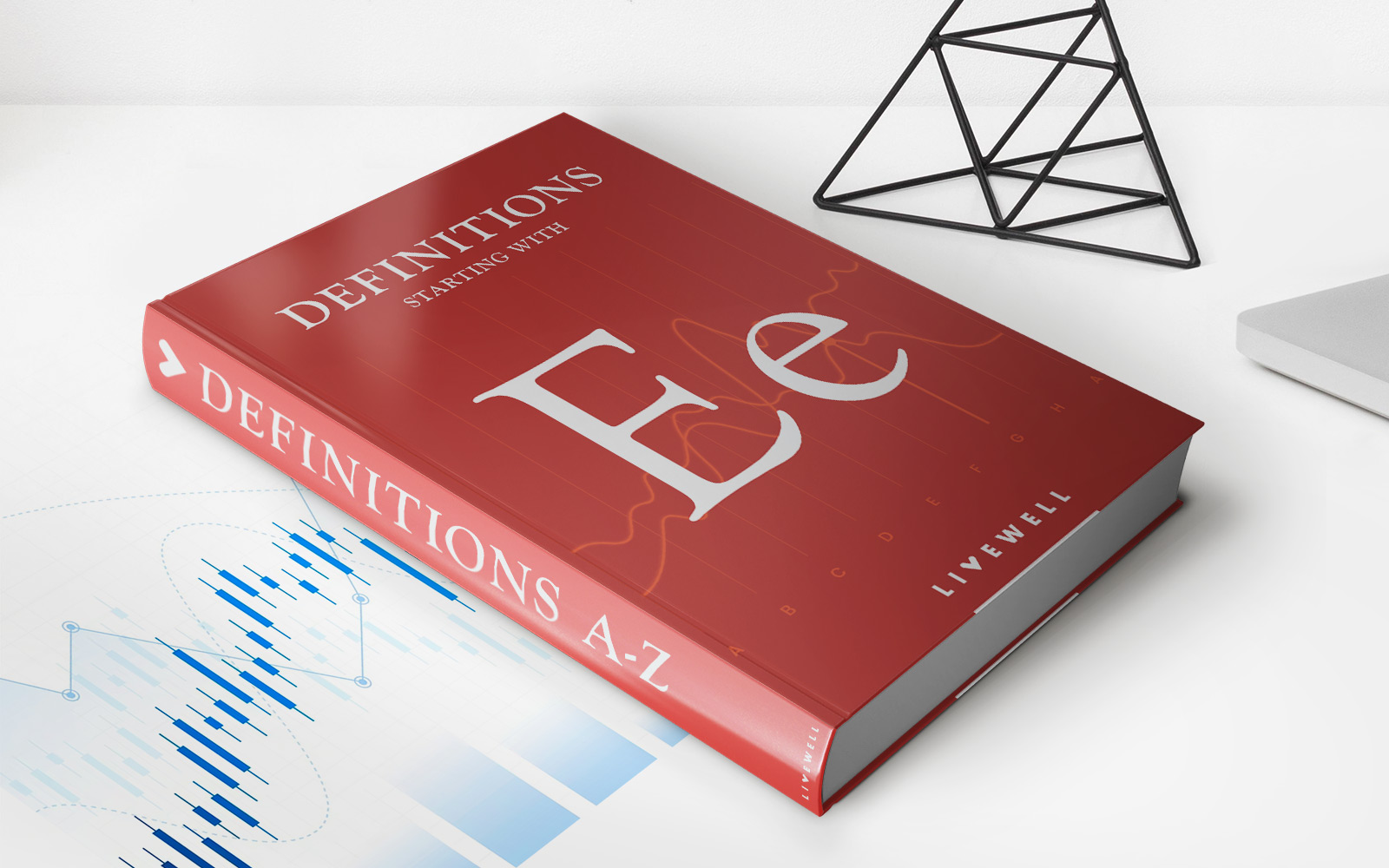
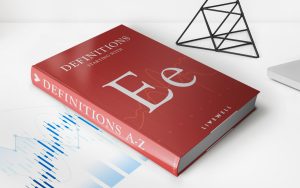
Finance
Economic Efficiency: Definition And Examples
Published: November 16, 2023
Learn what economic efficiency means in the context of finance and explore examples to better understand its importance in optimizing financial outcomes.
(Many of the links in this article redirect to a specific reviewed product. Your purchase of these products through affiliate links helps to generate commission for LiveWell, at no extra cost. Learn more)
Welcome to the Finance Category: Exploring Economic Efficiency
Welcome to the finance category on our website! Here, we delve into various financial concepts and provide valuable insights to help you navigate the complex world of money management. In this post, we will dive into the fascinating topic of economic efficiency and offer a solid understanding of its definition and examples. So, let’s get started!
Key Takeaways:
- Economic efficiency refers to the optimum allocation of resources to produce goods and services, minimizing waste and maximizing output.
- There are three types of economic efficiency: allocative efficiency, productive efficiency, and dynamic efficiency.
What is Economic Efficiency?
Economic efficiency is a crucial concept in the field of finance and economics. Simply put, it refers to the optimal use of resources to produce goods and services, resulting in the highest possible level of output and wellbeing for society. It involves minimizing waste and ensuring that resources are allocated in a way that maximizes overall benefits.
In a world of limited resources, economic efficiency aims to make the most out of what is available. When an economy achieves economic efficiency, it means that it has struck a balance between the wants and needs of a society and the available resources to fulfill those demands.
There are three primary types of economic efficiency:
- Allocative Efficiency: Allocative efficiency occurs when resources are allocated in a way that matches societal preferences. In other words, it ensures that the output of goods and services meets consumers’ demands, resulting in the most desirable combination of products.
- Productive Efficiency: Productive efficiency is achieved when goods and services are produced at the lowest possible cost. This means utilizing resources, such as labor, capital, and technology, to maximize output while minimizing input wastage.
- Dynamic Efficiency: Dynamic efficiency focuses on long-term productivity growth and innovation. It involves improving the allocation of resources over time, adapting to changes in technology, market conditions, and consumer preferences.
Examples of Economic Efficiency
To better understand economic efficiency, let’s explore a few real-world examples:
- Public Transportation System: A well-designed and properly functioning public transportation system can be an example of economic efficiency. It maximizes social welfare by providing transportation options to a large number of people at an affordable cost, reducing traffic congestion, and minimizing pollution.
- Renewable Energy: Investing in renewable energy sources, such as solar or wind power, promotes economic efficiency. It allows for sustainable resource utilization, reduces dependency on fossil fuels, and helps mitigate environmental damage, all while meeting energy demands.
- Efficient Market Hypothesis: The efficient market hypothesis suggests that financial markets are efficient when they quickly and accurately reflect all relevant information. This theory supports the notion that prices of financial assets incorporate all known information and, therefore, represent their true value.
Understanding economic efficiency is crucial for governments, businesses, and individuals alike. By striving towards economic efficiency, societies can achieve sustainable growth, improved living standards, and a better allocation of resources. It contributes to the overall welfare of a nation and helps create a more prosperous and equitable future.
We hope this article has provided you with valuable insights into the fascinating world of economic efficiency. Remember, whether you’re an individual striving for financial efficiency or a policy-maker aiming for a more efficient economy, understanding economic efficiency is key. Stay tuned for more informative posts in our finance category!

